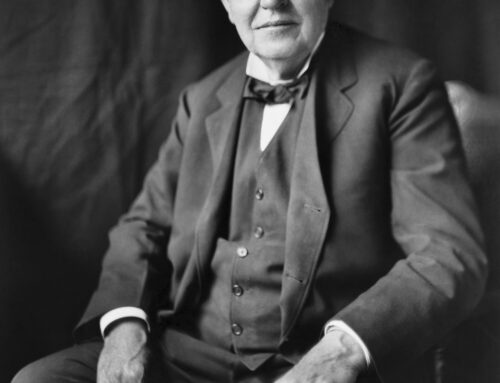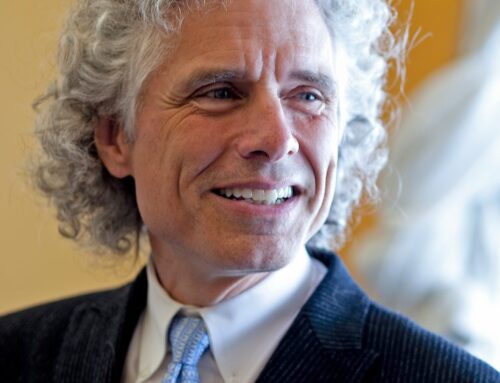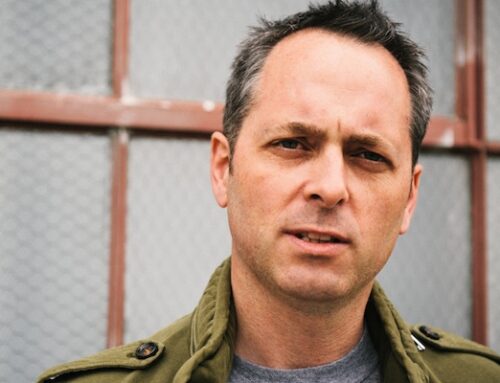Rise of the COO?–HBR
The HBR blog has an interesting debate on the role of the COO.
Overall, I think that the scope of the COO role (and also the need for that role to exist) depends very much on the CEO. From past personal experience, the operations role necessarily moulds itself to reflect and support the CEO.
I suspect that, as the business world becomes ever more complex – especially as organisations embrace greater degrees of flexible resourcing – the role of COO will become more critical. If organisations increasingly reduce to a core of subject matter experts and project managers, outsourcing much of their work to “expertise on demand” interims, freelancers and other flexible resourcing models, then the role of COO will become critical in ensuring two things.
Firstly, the COO will be central in ensuring that the mechanics of outsourcing all those tasks remains efficient. The Hyperspecialization model described by Thomas Malone is alluring but can only work if the transaction cost of dividing work into micro-tasks and managing the resulting supply-chain is contained. In 1937, Ronald Coase described how firms exist to the degree that internal transaction costs are lower than external ones; i.e. to the extent that it is cheaper to direct a work-force than to contract external partnerships. In recent years, ICT has lowered external costs thus accelerating the rise of freelancing and other means of outsourcing. If the internal costs of project managing a string of micro-tasks grows to outweigh the benefit, then the model of hyperspecialization will collapse.
Secondly, as resources become disaggregated and production (be that of physical or knowledge goods) is outsourced to many more, much weaker relationships, ensuring that the firm’s culture and essence is reflected in all that is done in its name will become an enormous task. The role of “Keeper of the Flame” may well also fall to the COO.
There is considerable debate currently about the growth of the “gig economy”, portfolio careers, freelancing, interim management etc. This is almost exclusively from the individuals’ perspective. However, there is a huge debate to be had about how firms optimise themselves to benefit from the agility and flexibility which the the future of work promises to deliver.








